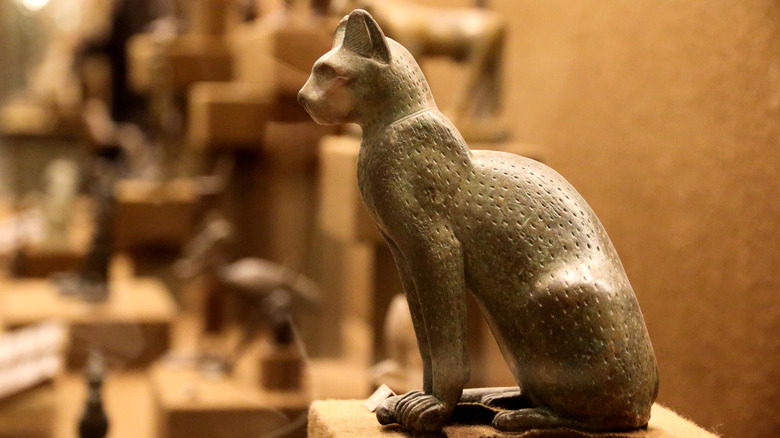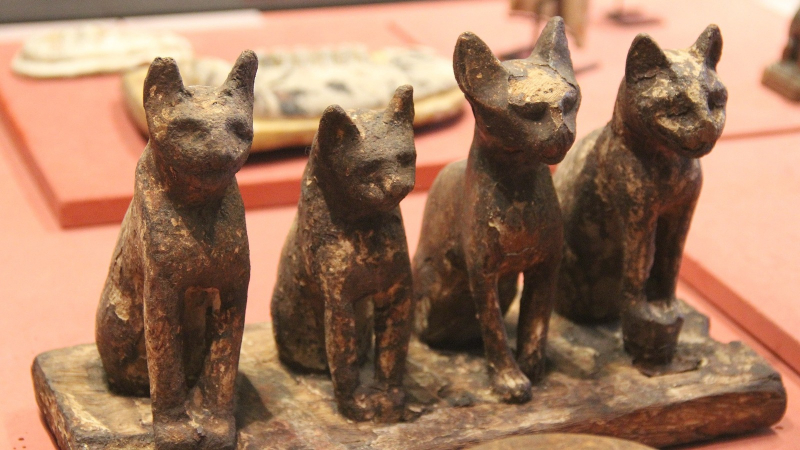Killing a cat or being implicated in its death was a capital offense.
Killing a cat was considered a severe capital offense, thus the punishment was to suffer the same outcome as the victim: death. If the death was caused by an accident, the punishment was either the same or might be replaced by the payment of a fine, depending on the time period.
According to Herodotus, if they were trapped in a burning building, Egyptians would save the cats first before attempting to save themselves, or another person, or put out the fire. According to some analysts, not even the Emperor could forgive whoever committed this atrocity. A common narrative among amateurs claims that not even Pharaoh Ptolemy XII Auletes, father of the fabled Cleopatra, could prevent the death of a Roman soldier who accidentally killed a cat. As a result, the poor soldier, who was unaware of the gravity of his mistake, was sentenced to death.
Nonetheless, some ideas believe that cats were slaughtered and mummified in the city of Bubastis during specific eras as a tribute to the goddess Bastet. Other ideas suggest that cats may be sacrificed in order to be buried next to their owners, allowing the cat to accompany the owner on his journey to the other side. These hypotheses are intriguing because they imply that there may be exceptions to this law depending on the time period.








